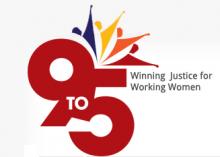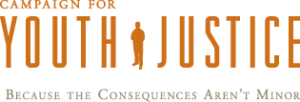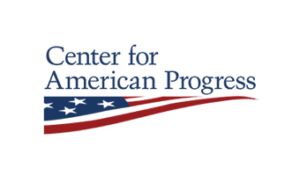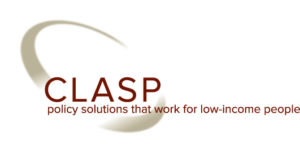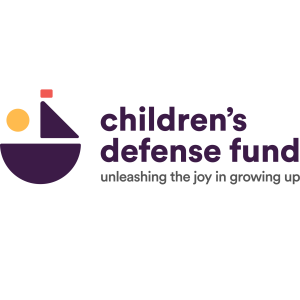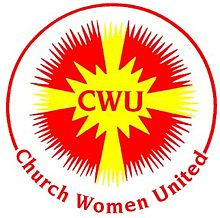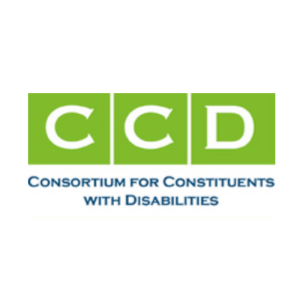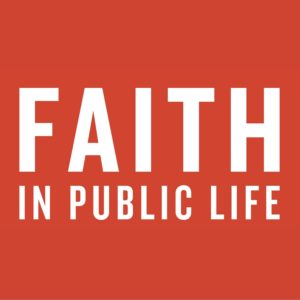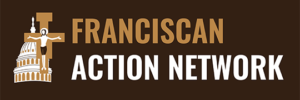Social & Economic Justice
CHN's commitment to social and economic justice is fundamental. In order to address poverty and other social issues we must first address the underlying injustices in our society.
About CHN's Stance on Social, Economic, & Racial Justice
Systemic barriers and discrimination based on race, ethnicity, immigration status, disability, gender, gender identity, sexual orientation, or poverty subjects many in our nation to disparate outcomes. Many are hit harder by environmental hazards, go to prison when people who can afford a lawyer get off, are more likely to pay exorbitant interest to borrow money and to be excluded from the voting booth.
Far too many people of color and low income people in this country are shut out of mainstream financial services and find themselves trapped in a cycle of debt when they seek a mortgage, buy a car, or borrow for other expenses from unscrupulous lenders.
From tainted water supplies to lead-based paint to poor air quality, environmental hazards disproportionately affect low-income communities and communities of color.
People with disabilities are roughly twice as likely as people without disabilities to live below the poverty line, and people of color are disproportionately likely to experience disability or illness. People with disabilities, regardless of age, ethnicity, gender, or other demographic grouping, continue to face barriers to employment, education, housing, transportation, and health care because of inaccessible and inadequately-funded state and federal programs, outdated public policies and discrimination despite the legal protections of the Americans with Disabilities Act.
Far too many people lack access to justice. They are unable to seek legal redress because they cannot afford to hire an attorney. They are subject to patterns of mass incarceration, racial profiling, police misconduct, sentencing inequity, barriers to employment and civic participation once a sentence has been served.
Far too many people face discrimination at the ballot box. Onerous photo I.D. laws discourage voting, as do cutbacks in early voting and elimination of precincts in minority neighborhoods. And the wealthiest donors have disproportionately more influence in the political process than average voters, skewing legislative action towards more tax cuts for the well-connected and fewer investments to build shared prosperity.
Many reforms are needed to remedy these injustices. We cannot meet human needs without protections against all these discriminatory practices. We also need to support judicial and Executive Branch nominees with a demonstrated record of combating unequal treatment and to oppose those whose views and record favor wealthy and powerful interests.
The president’s nominees to key cabinet, agency and advisory positions have an enormous impact on all of human needs policies, programs and services. Similarly, nominations to the federal courts, including the U.S. Supreme Court, are of concern to the needs of low-income communities. The people who occupy these positions have the ability to establish and implement good policies or bad policies that affect every aspect of low-income and other vulnerable people’s lives.
You can learn more about the positions that CHN takes on various issues reviewing our public policy document.

